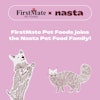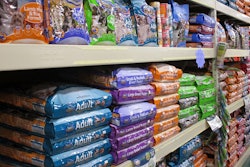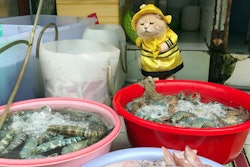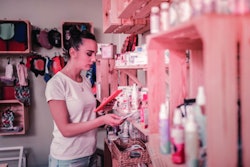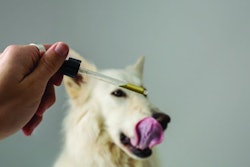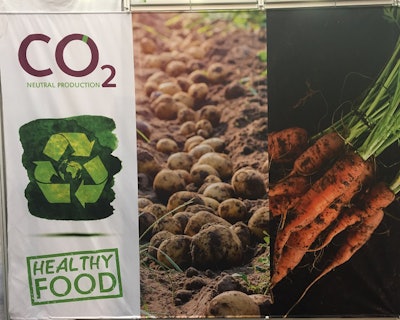
Demands from consumers, including pet owners, increasingly include proof of sustainability and transparency from the brands and products they buy. This is not news, but more and more data keep appearing to make the case, providing support to pet food brands and marketers (and their suppliers) for continuing to invest in sustainable practices.
Consider that for the first time in several years, since Innova Market Insights began polling consumers globally with its annual Lifestyle & Attitudes Survey, health of the planet is now the top concern over the long-running health and wellness of people. (And possibly, by extension, their furry family members.)
The data come from Innova surveys conducted in 2020 and 2021 of consumers in 10 countries: U.K., U.S., Spain, France, Brazil, India, Germany, Mexico, China and Indonesia.
Human food product launches increasingly have sustainable claims
The surveys delve further into consumer mindsets and how human food and beverage brands are responding:
- 20-25% of consumers said they have adjusted their product selections to choose foods with environmentally friendly packaging and sustainably grown claims.
- New product launches with environmental claims are increasing three times as fast as that of the overall food and beverage category.
- In the past five years, the share of new food and beverage products with ethical claims grew at a 17.3% compound annual growth rate (CAGR), from 4.4% in 2016-2017 to 6.6% in 2020-2021.
- Other sustainable claims have risen even more: 122% CAGR for food and beverage launches with upcycled ingredients, 59% for those claiming to use recycled plastic, 49% for product claims around lower water usage, 47% for carbon emission claims and 36% for products claiming to be palm oil free.
Pet food and product sustainable claims success
How might these data translate to pet food and pet care? Another market research firm, NielsenIQ, has studied that, at least for the U.S. market. “Pet products identified as ‘certified human raised and handled’ grew by 110% in sales over the last two years to account for US$11 million in sales,” the firm reported in a recent blog post. “’Ethical’ products grew 48% to US$11.7 million, while ‘cruelty-free’ products increased by 10% to account for US$18 million in sales.”
This level of sales growth also applies to sustainable packaging, according to NielsenIQ data, to the tune of 40% for products claiming to have recycled packaging (for a total of US$14.4 million in sales) and a whopping 387% for plastic-free packaging (reaching US$11.3 million). Even broader claims, such as the less-specific “sustainable packaging,” are experiencing significant growth of 769%, though comprising a smaller sub-category (US$899,000).
For a more global perspective, Yummypets, a France-based social community for pet lovers, conducted a survey earlier this year of pet owners in Belgium, Canada, France, U.K. and U.S. The results, reported by David Palacios Rubio, editorial manager of GlobalPets magazine, showed that more than 60% of respondents said they would be willing to pay more for pet food in more environmentally friendly packaging. Similarly, 82.2% believe it’s important for a pet product to be manufactured by an environmentally friendly company.
Caution: Consumer confusion, skepticism
Yet this interest, and the growing success of sustainable and ethical claims, doesn’t mean brands should use them indiscriminately or without proof. Innova’s survey showed 55% of consumers globally said they don’t know what to look for in terms of environmental labels because there are too many. Further, 64% agreed or strongly agreed they prefer “one label that captures the complete impact on the environment over multiple labels.”
And not having solid verification for claims, such as through third-party certification, can lead to sales losses and brand damage. In the Yummypets survey, 41.7% of respondents said they’re skeptical of pet food companies’ sustainability claims, with only 29.6% believing them. “French (48.5%) and American (43.3%) pet owners are the most skeptical,” Rubio wrote.

